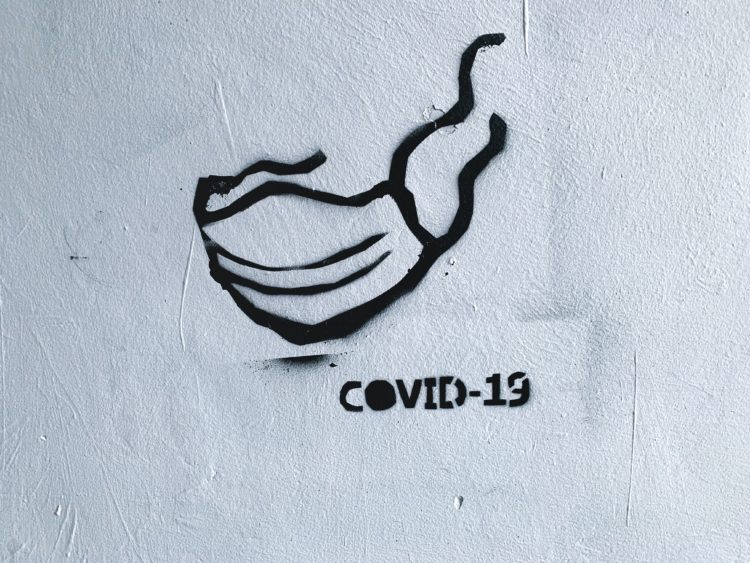
Supporting Youth Transitions in post-lockdown society through Detached Youth Work
Fryshuset together with partners from Ireland, Belgium, Finland and Austria are running the Erasmus+ funded project Detached Youth Support on how to support youth transitions in post-lockdown society through detached youth work, .
The project addresses the social economic impact of the COVID-19 pandemic on young people in Europe, focusing on those socially excluded. A consequence of lockdown is that the number of young people disconnected from employment, education and training supports will increase. In Ireland, for example, young people have been disproportionately affected by Covid 19 unemployment (ESRI, 2020). Lockdown has caused discontinuity of service for youth. Those young people previously facing challenges are likely to have experienced a complete disconnect from services and supports and will now need new supports to transition back into services.
We adopt a view of a continuum of inclusion/exclusion and focus on young people who are most highly excluded and least likely to transition successfully from lockdown. At this end of the continuum we expect to find social issues such as radicalisation, anti-authority behaviour, and rejection of prosocial norms, which will be addressed in the project findings. Radicalisation, be it far-right or faith-based, has been an issue of growing concern for the EU for a number of years, in particular in relation to marginalised, hard to reach young people. This can only be expected to rise with the recession that COVID-19 has triggered, leading to further reduction in education and employment opportunities, the collapse of some civic society organisations, and broader damage to the societal fabric. Also in the context of the COVID-19 crisis we note a growth in less usual types of radicalisation and the emergence of new types of extremist ideas and networks based on conspiracy theories and fake news, much of which will be exploited by radical recruiting groups. We are also seeing a rapid rise in anti-authority behaviour.
The timing of this project is such that we will be ready to examine, as soon as it occurs after the summer of 2020, the new landscape created by the lockdown situation for hard-to-reach young people (isolation, lessening of usual connections, increased exposure to negative home or online influences – potentially radical/ violent). This window of time is ideal as all young people, even NEETS are tied to the school year cycle. September will be the commencement of the next transition in the lives of young people and their failure or success in this transition will emerge fully at this time. The expertise within the consortium allows us to engage with this new landscape to include both traditional street work, online work, anti-radicalisation work, youth information etc.
The objectives are to:
- Understand the emerging needs of young people experiencing social exclusion, and the interventions to effectively connect them.
- Research and document adaptations and best practices in Detached work relevant to the new situation and evidence for effectiveness and challenges in this work.
- Publish a case study collection to capture the experience of young people, youth workers and service managers in effectively connecting young people who were previously socially excludedCreate a Detached Youth Work Practice Framework Disseminate this work as widely as possible among the Detached Youth workers profession as well as any related organizations, agencies, networks, policy makers etcParticipants.
Impact and longer term benefits:
There are three outcome objectives planned, which will respectively achieve the following impacts and longer term benefits:
- RESEARCH EVIDENCE of EMERGING needs, effective interventions and a
- CASE FOR SUPPORT will ensure that youth service providers, planners and commissioners will be better able to provide services for socially excluded young people because their knowledge of emerging needs will inform their plans and policies The evidence of these needs will allow them to acquire the support of their stakeholders.
- ACTIONABLE KNOWLEDGE at the service and policy design level will help youth service providers, providers, planners and commissioners to implement actionable strategies to support socially excluded young people.Practice support resources will increase effective practice by providing ACTIONABLE KNOWLEDGE and continuous improvement at the practice level resulting in improved ability to connect with and meet the needs of socially excluded young people.
The consortium of project Detached Youth Work are:
National Youth Federation (Company limited by guarantee), Ireland (coordinator)
Aseman Lapset ry, Finland
LOGO jugendmanagement gmbh, Austria
DYNAMO INTERNATIONAL ASBL, Belgium
To learn more about the project contact: development@fryshuset.se
Photo by Adam Nieścioruk on Unsplash